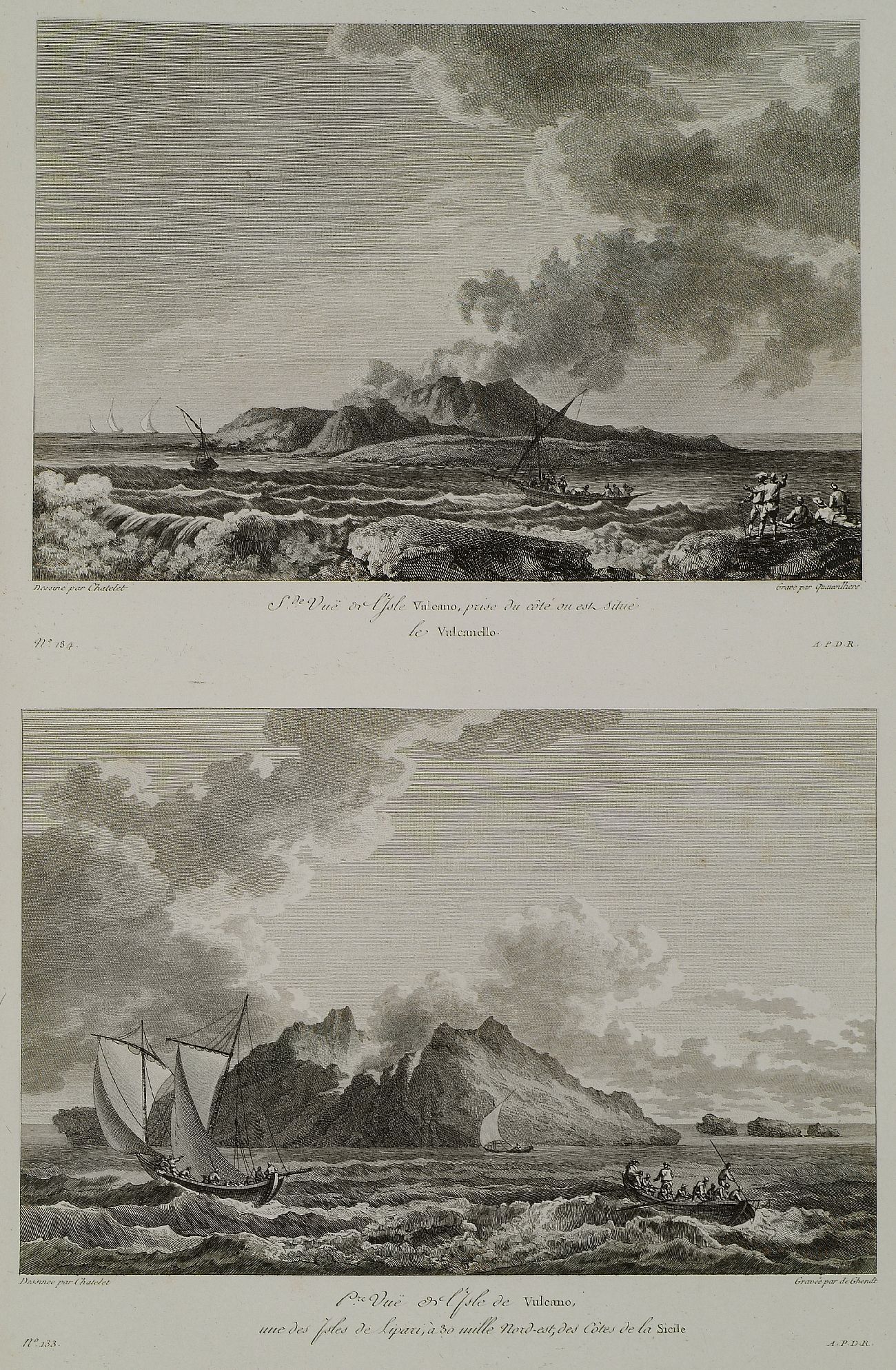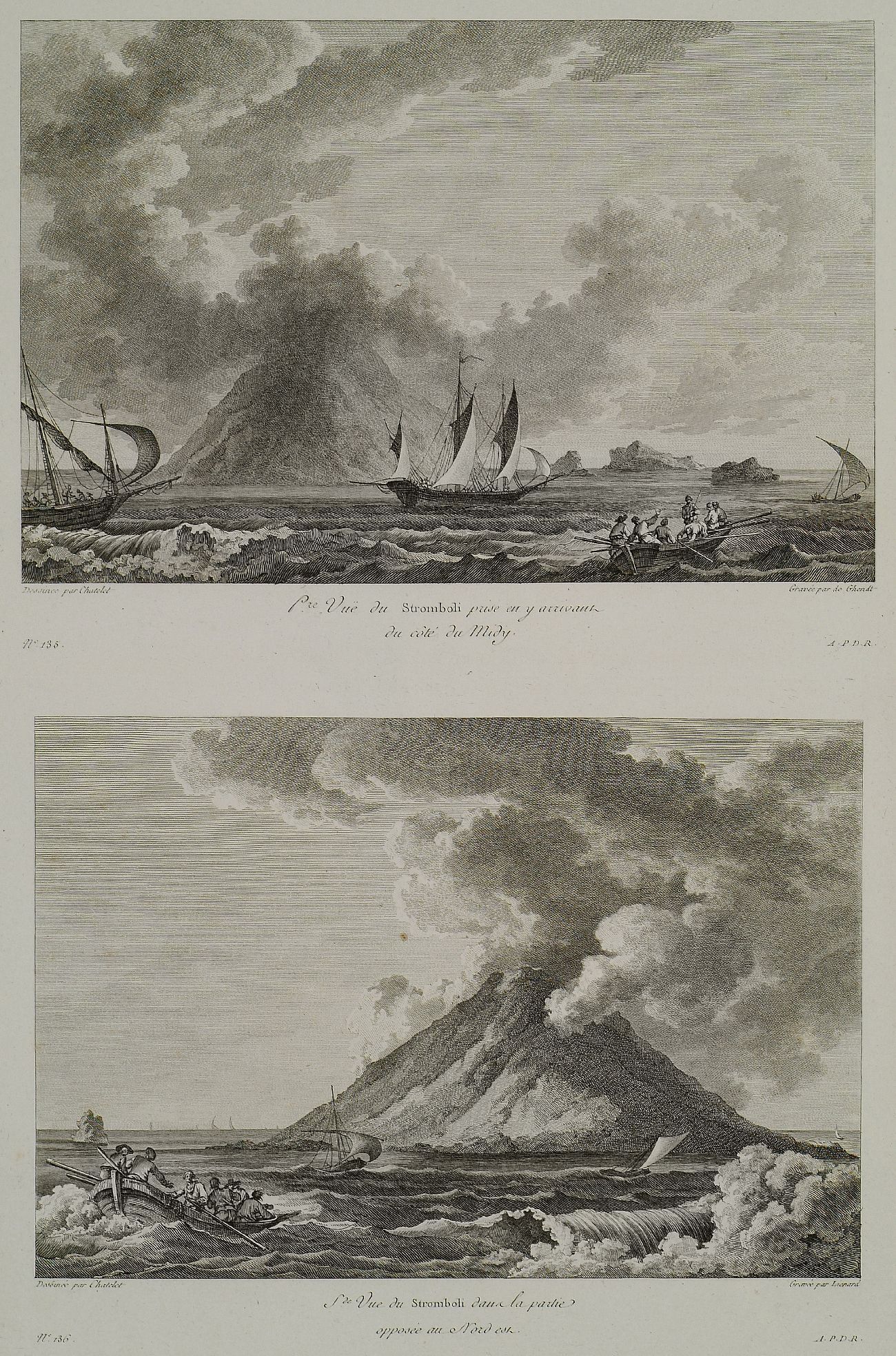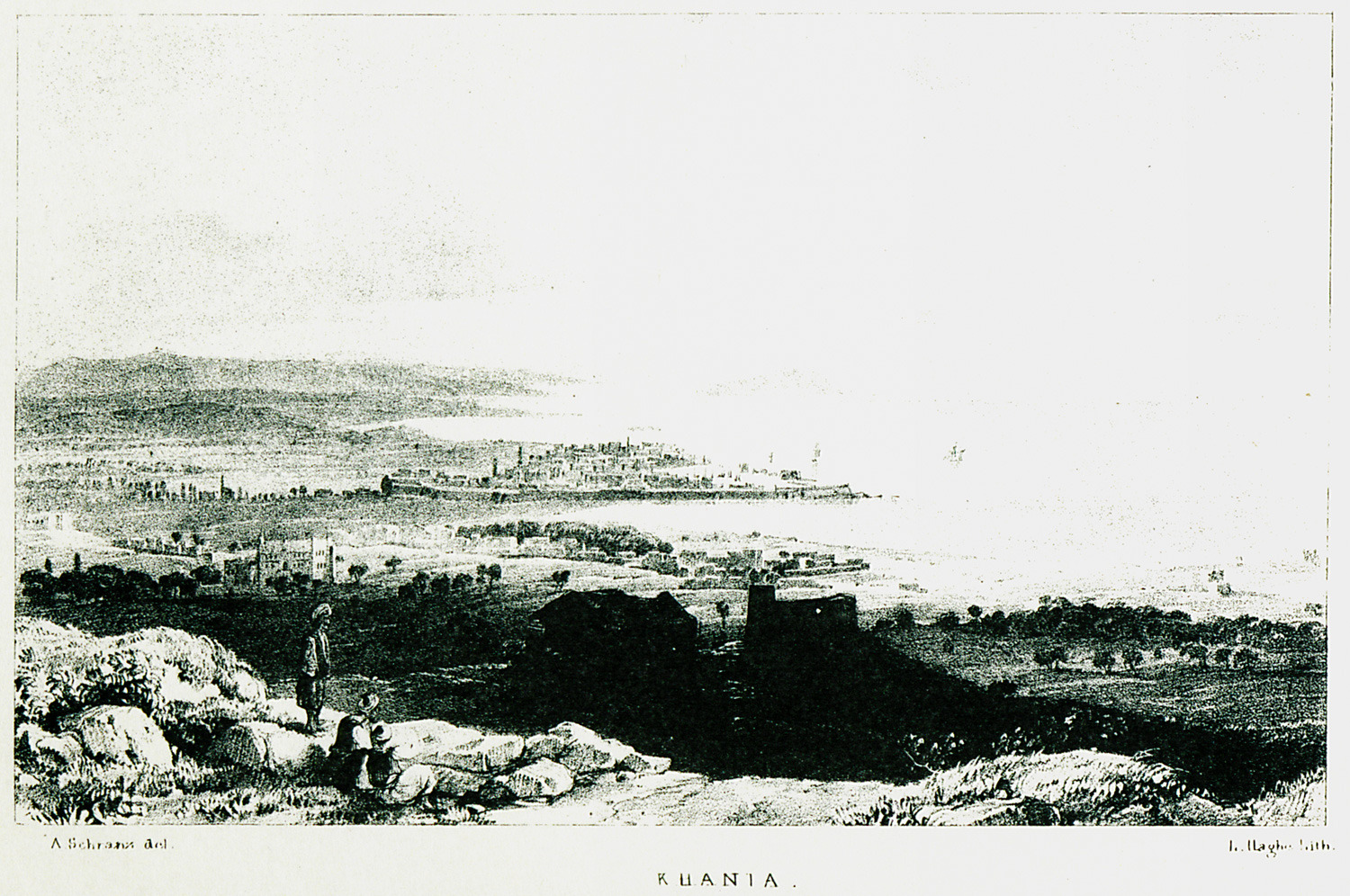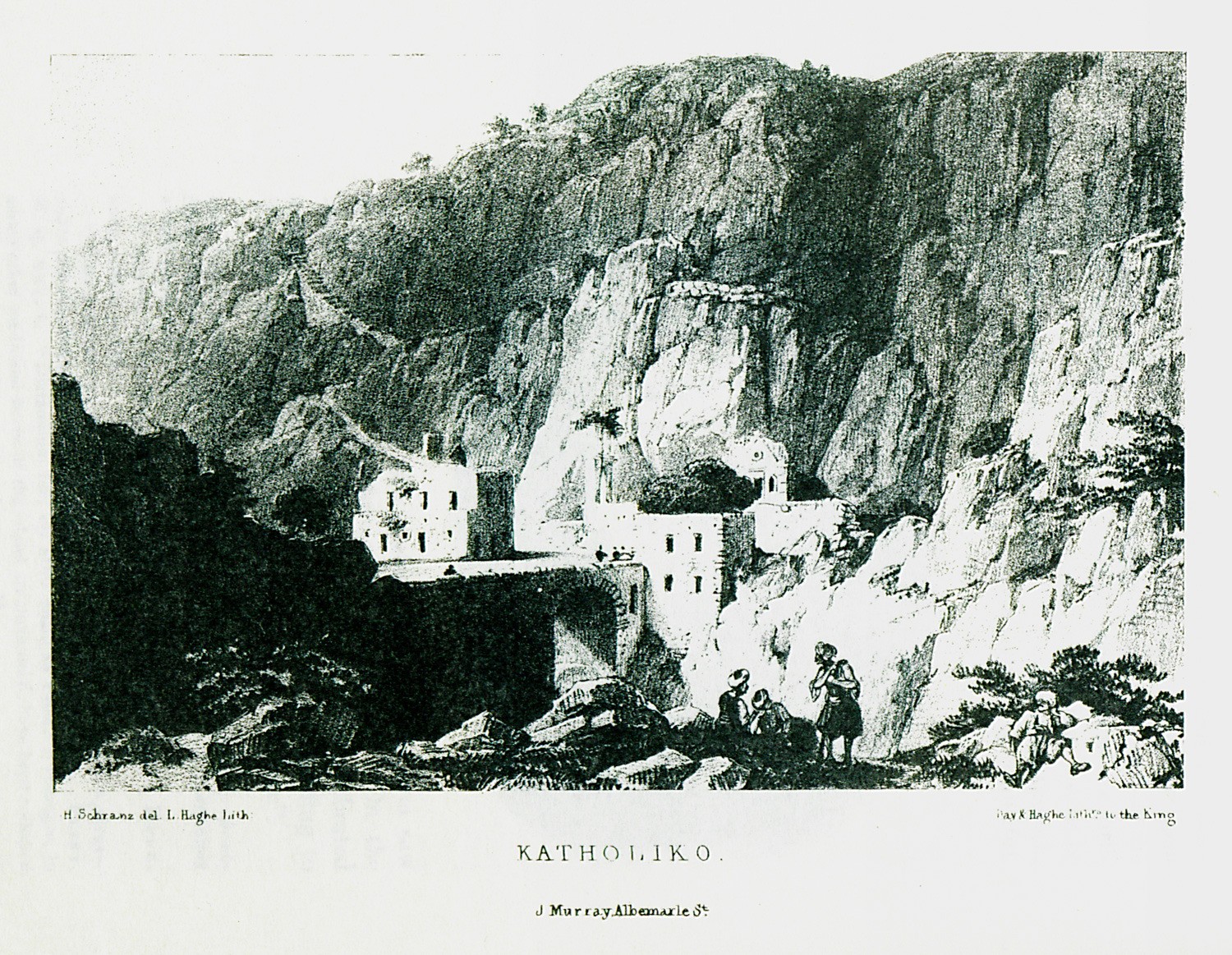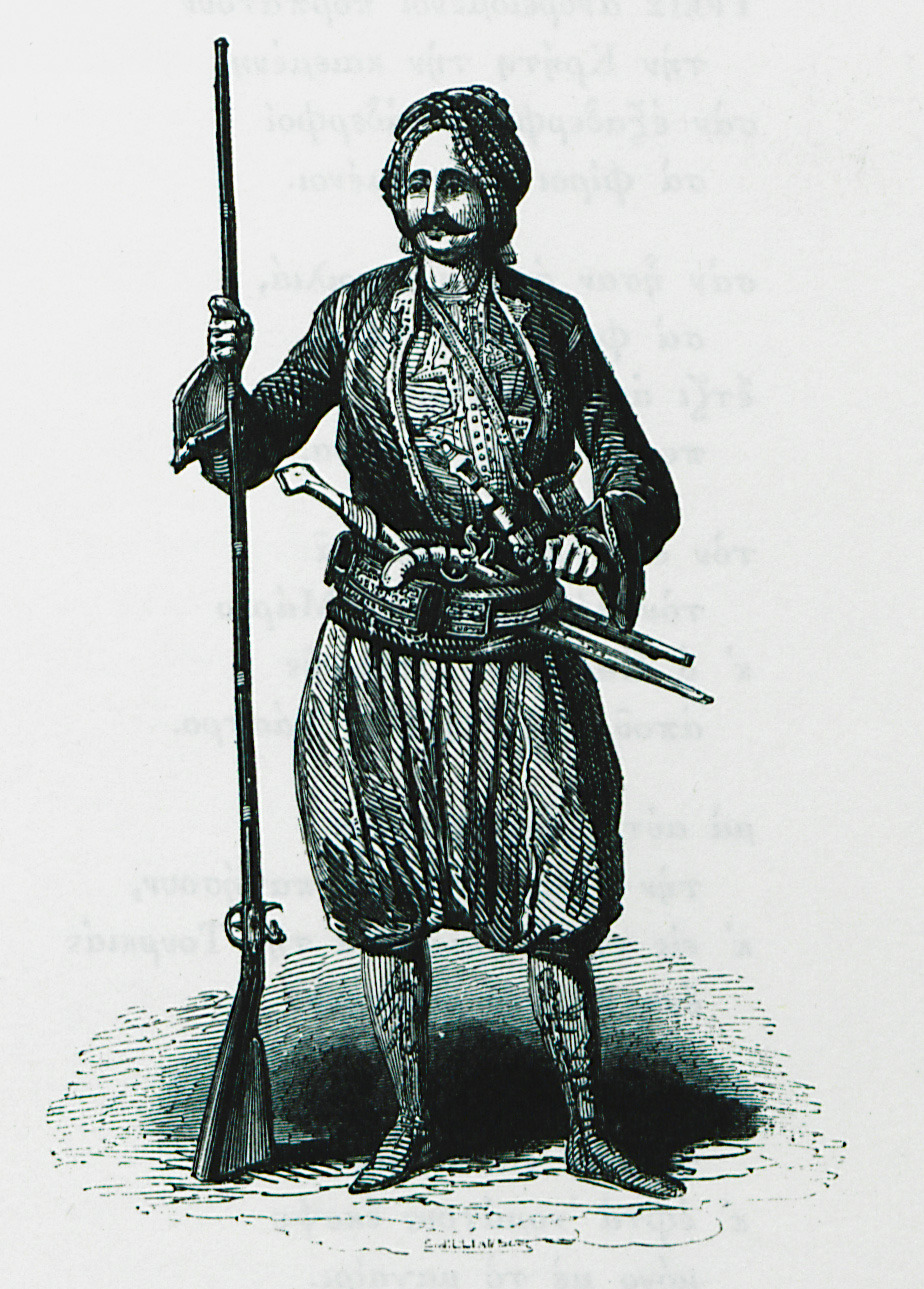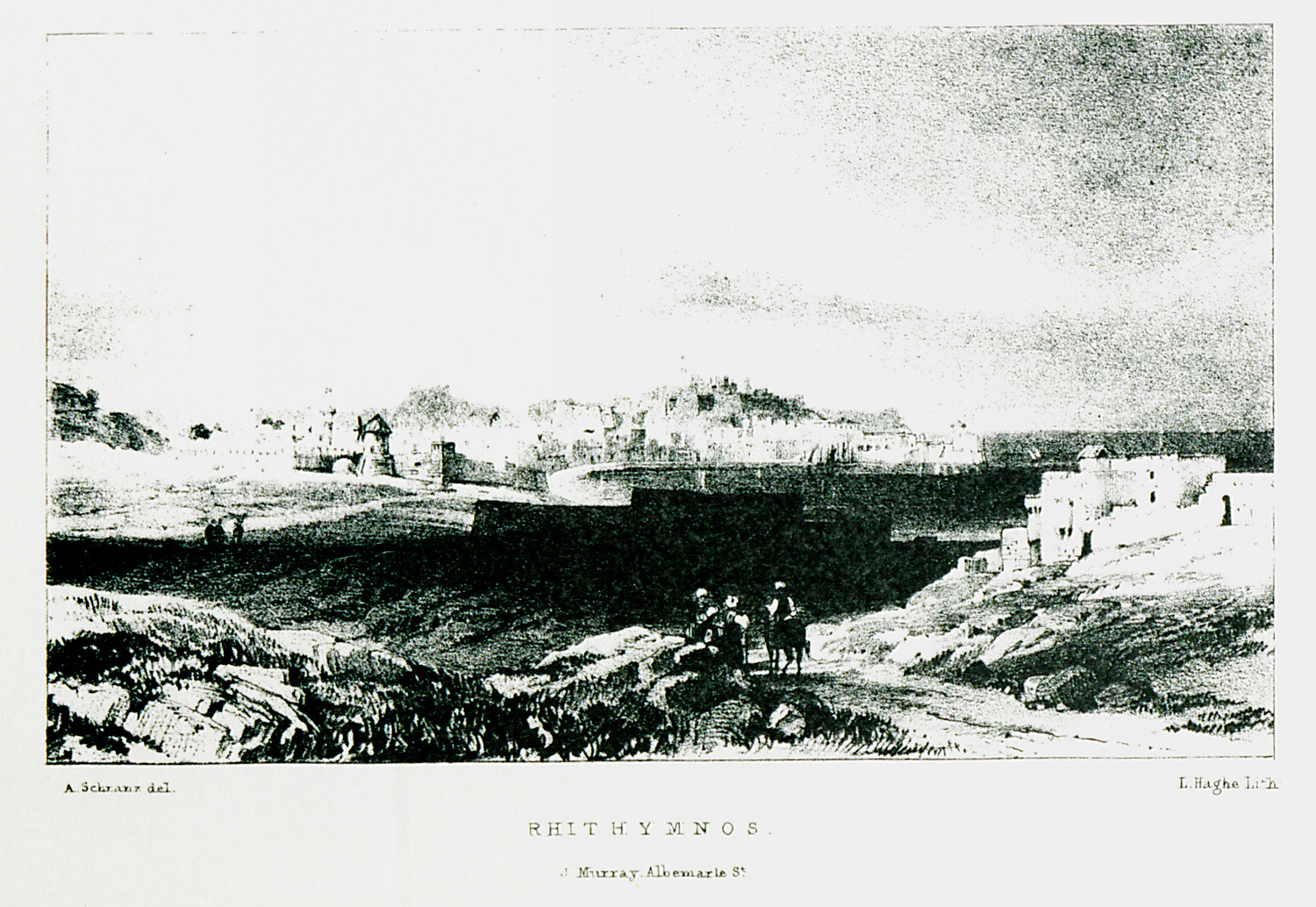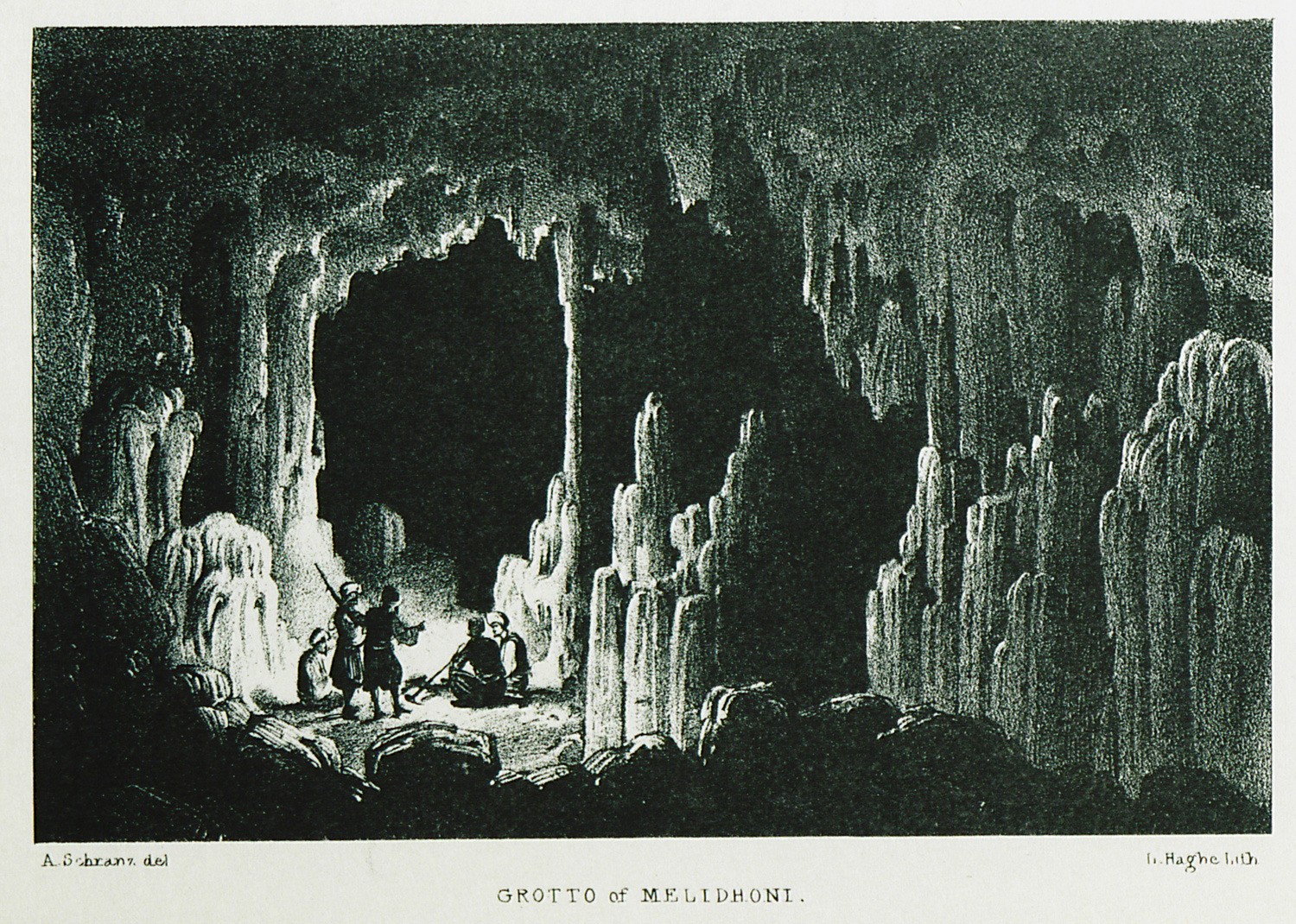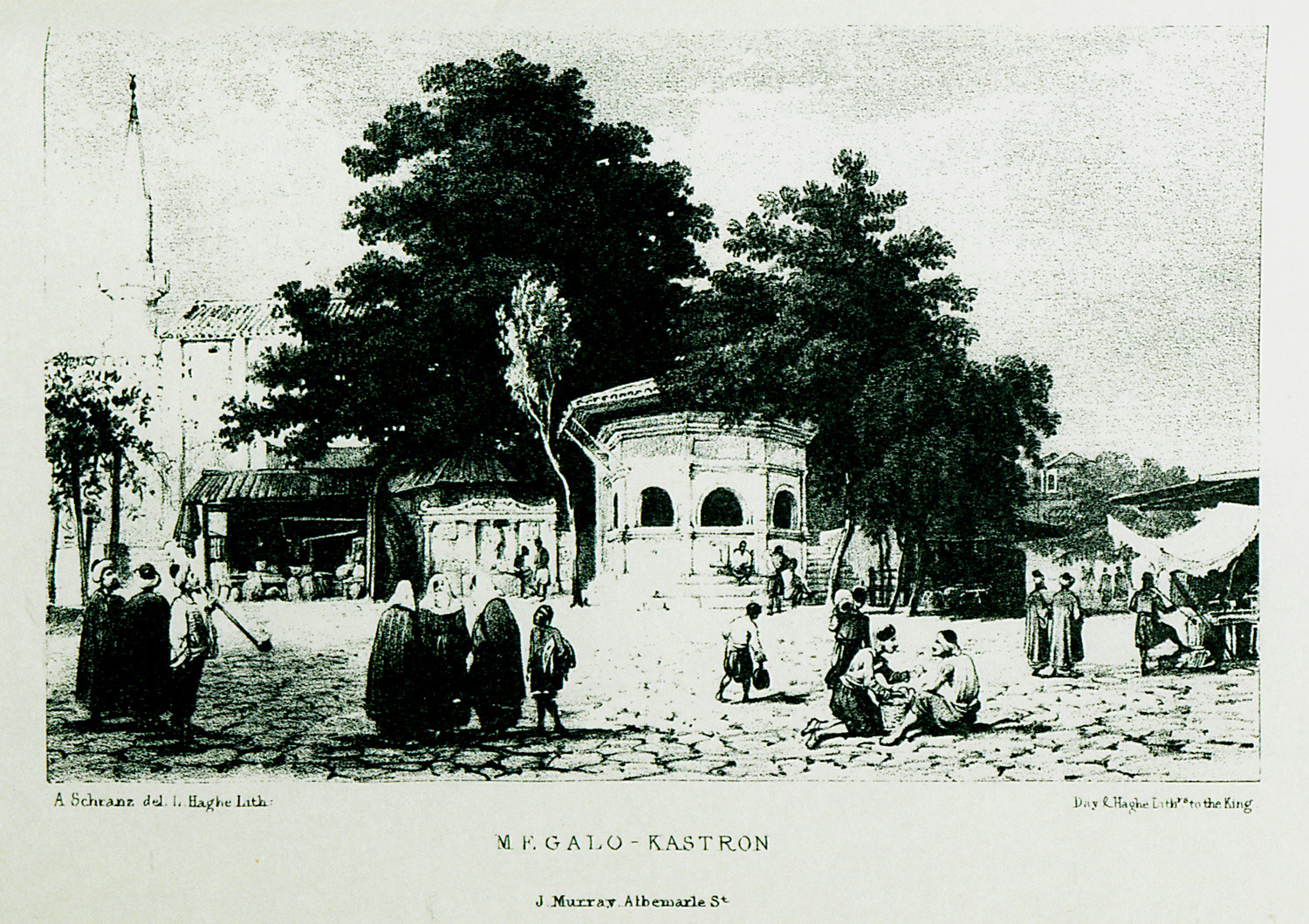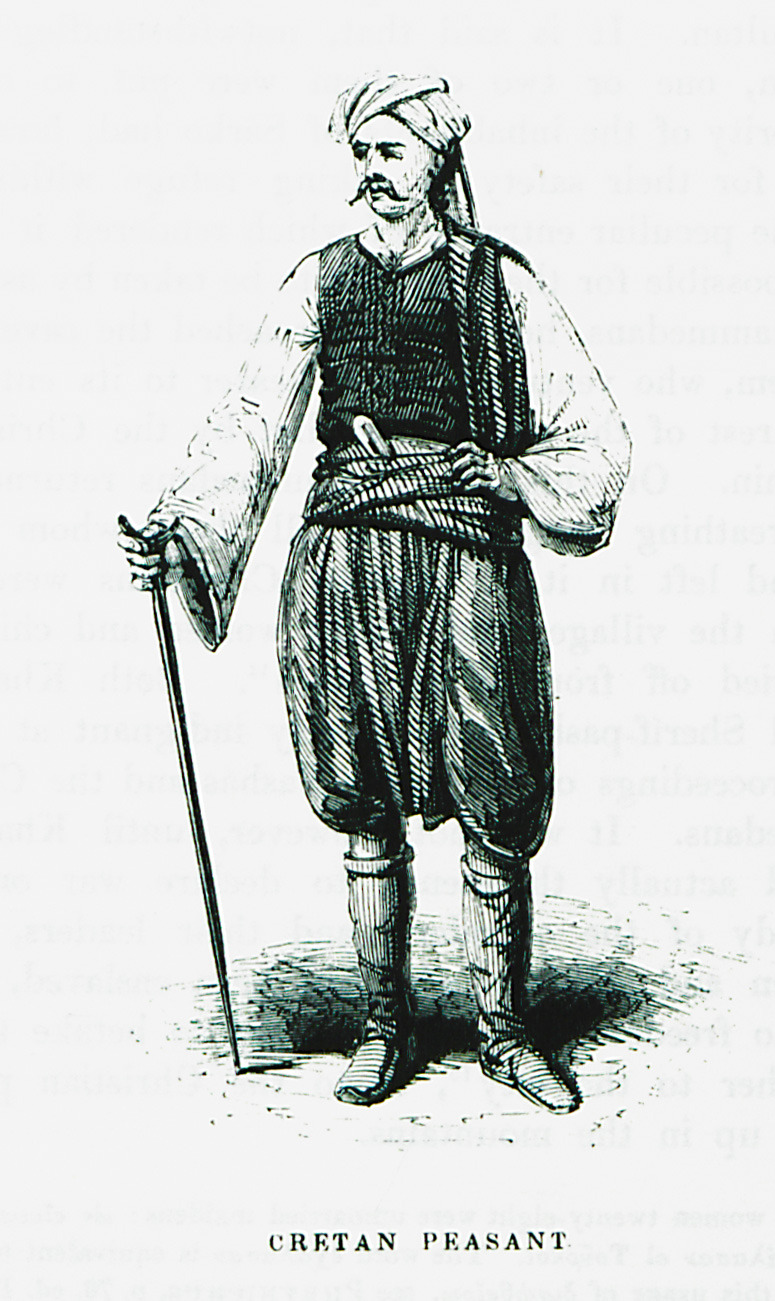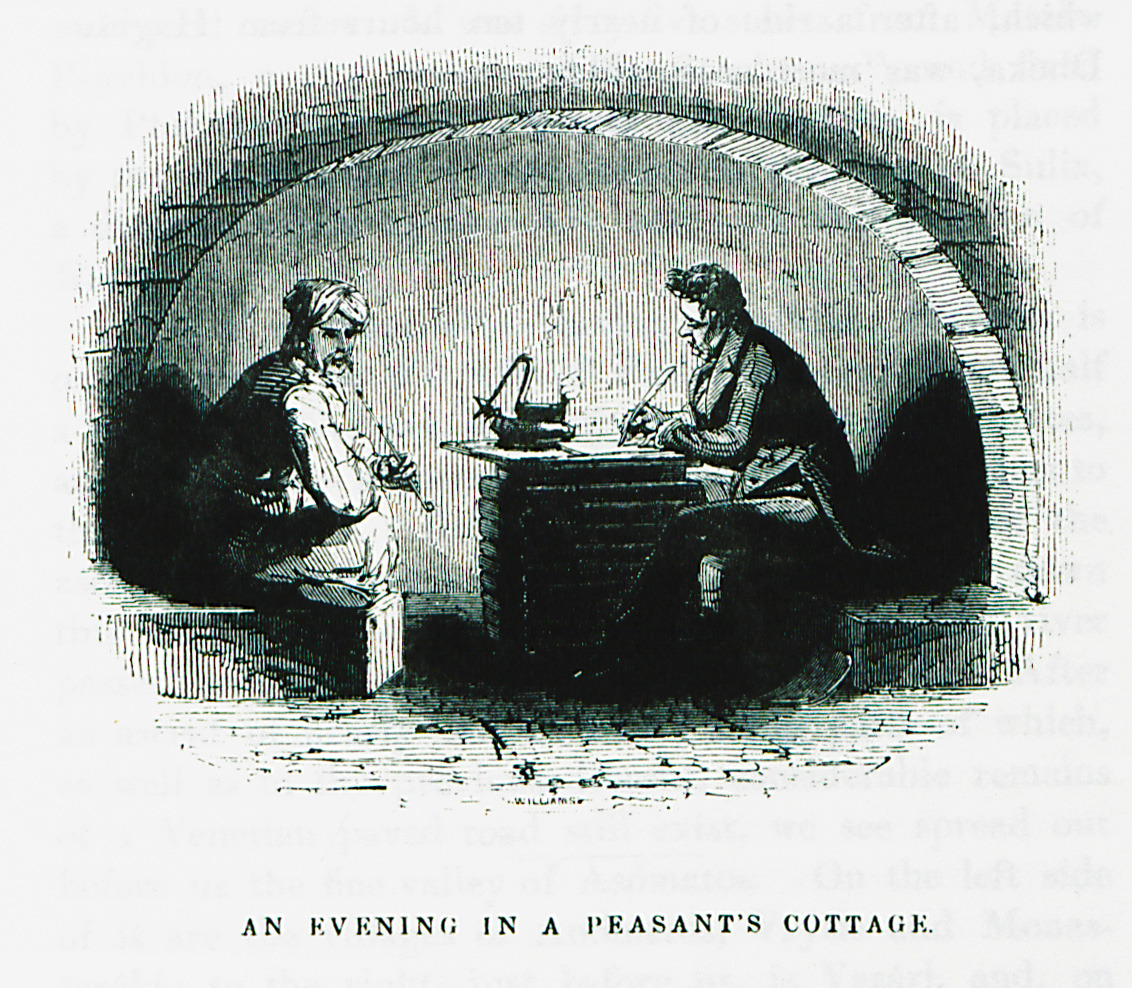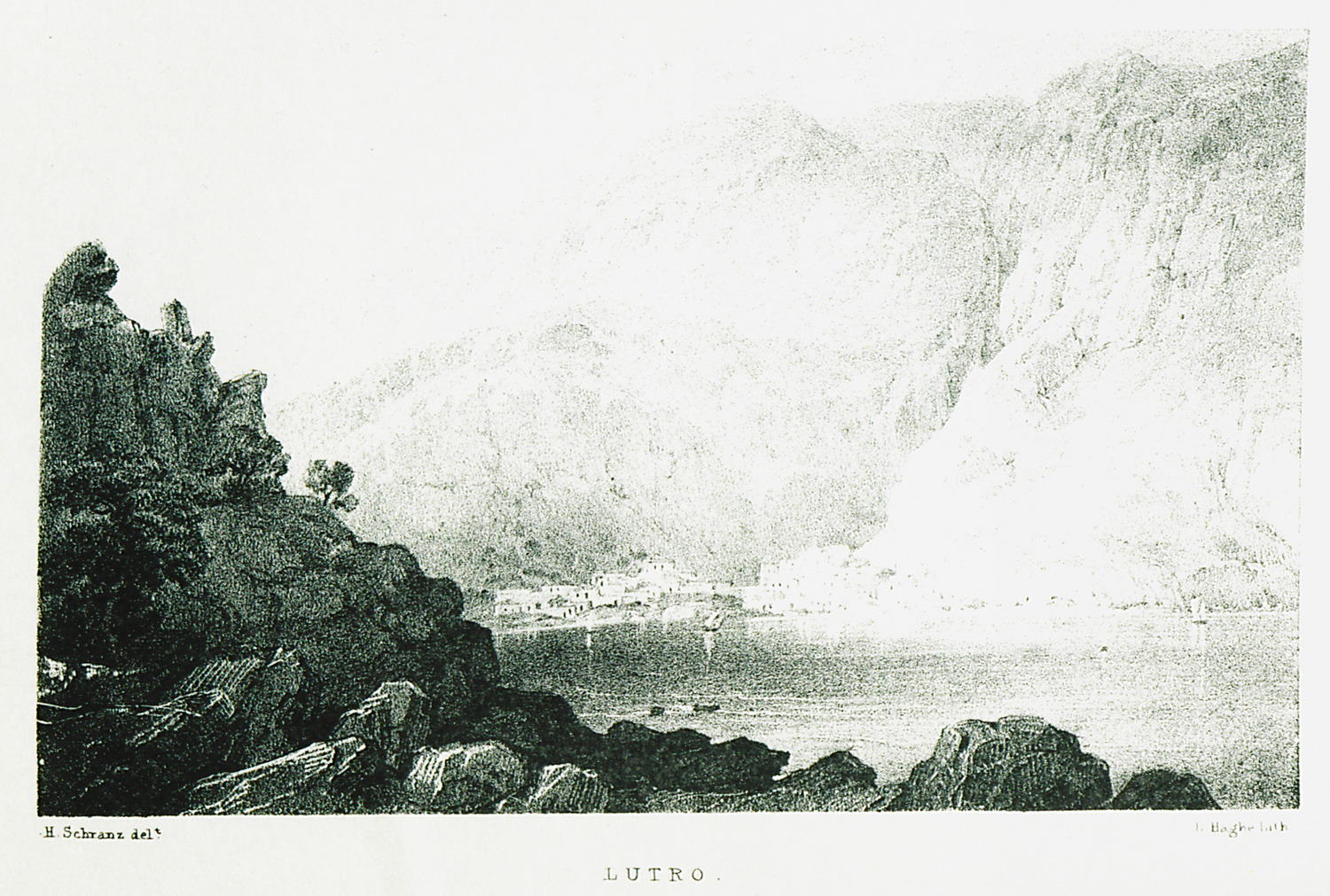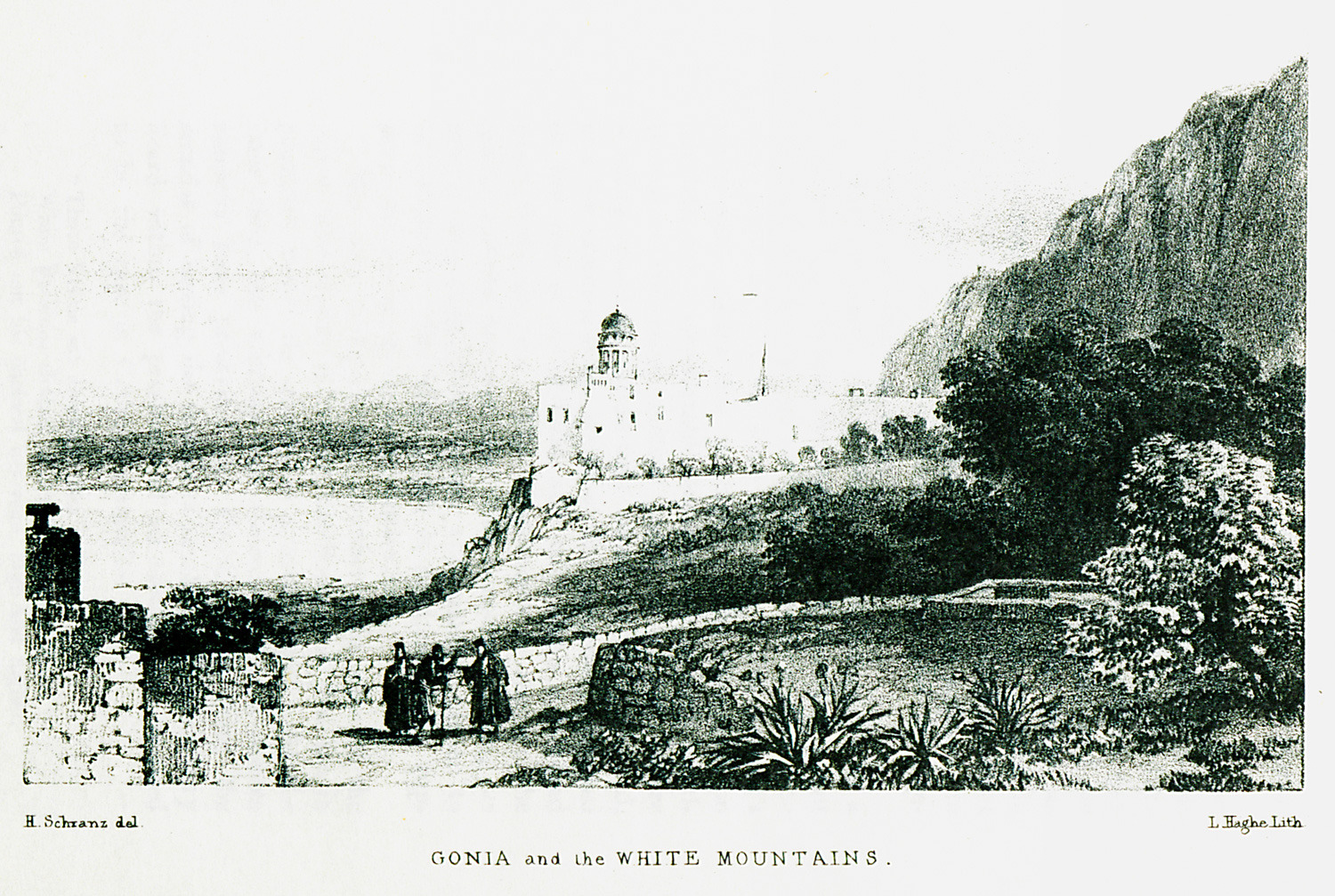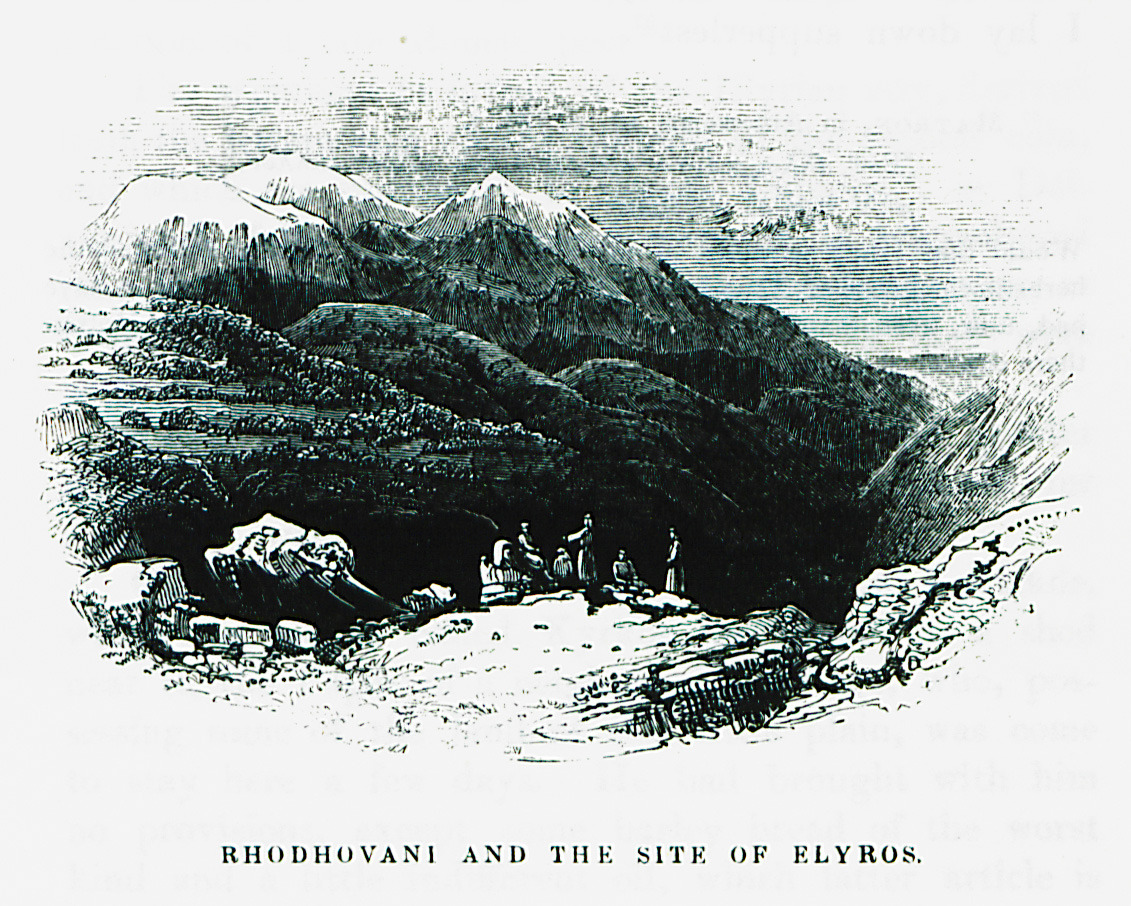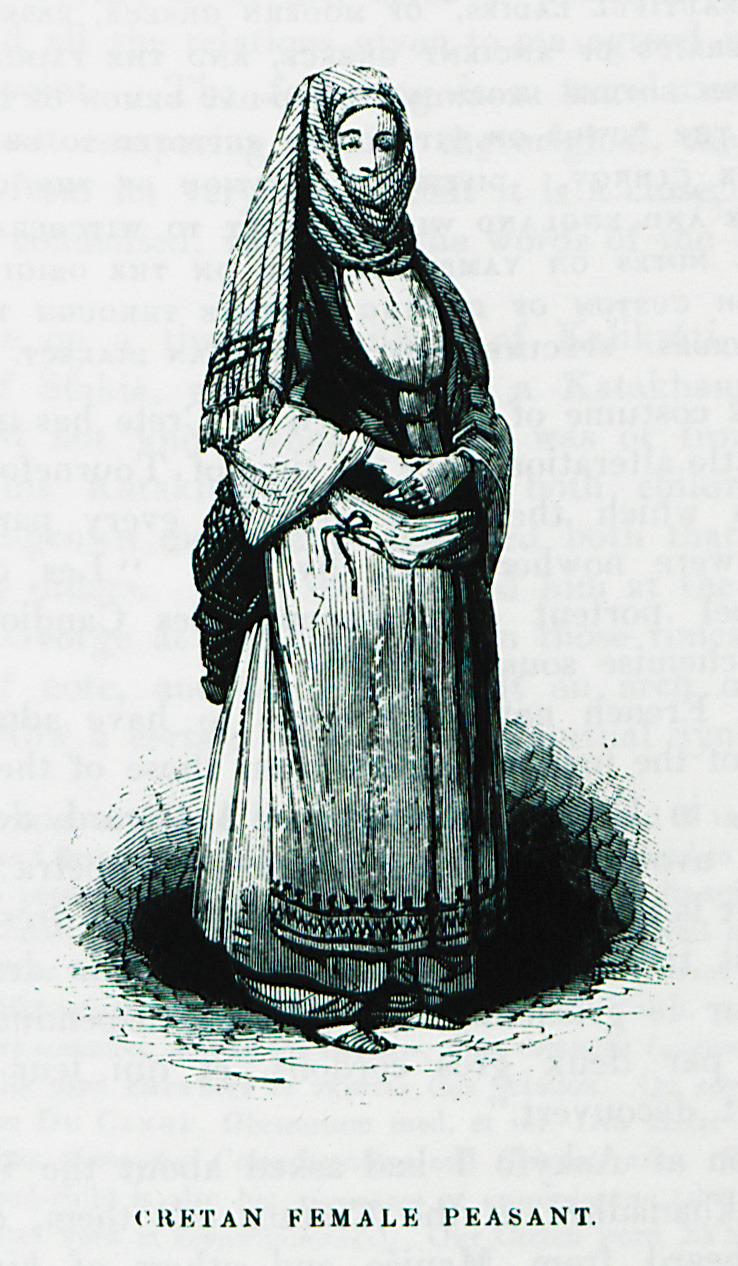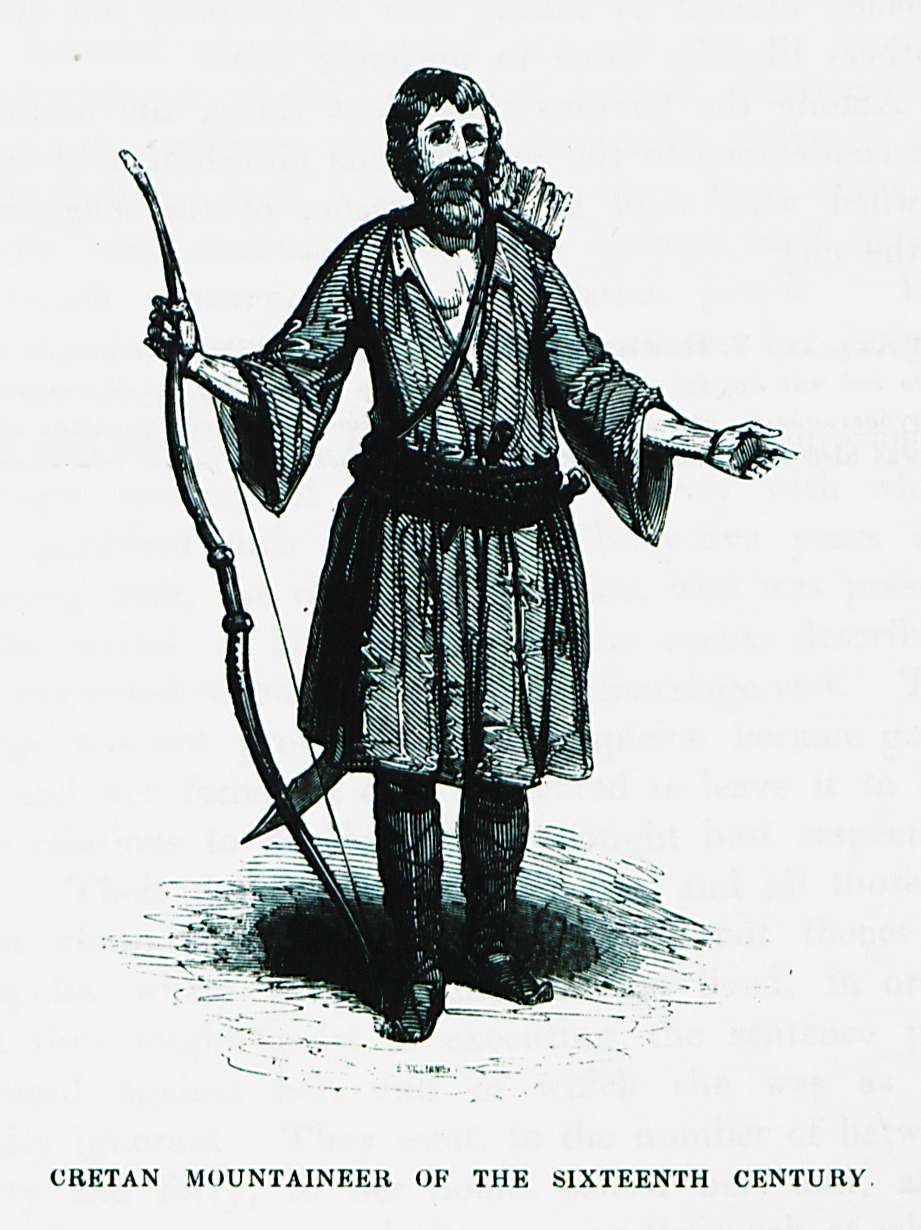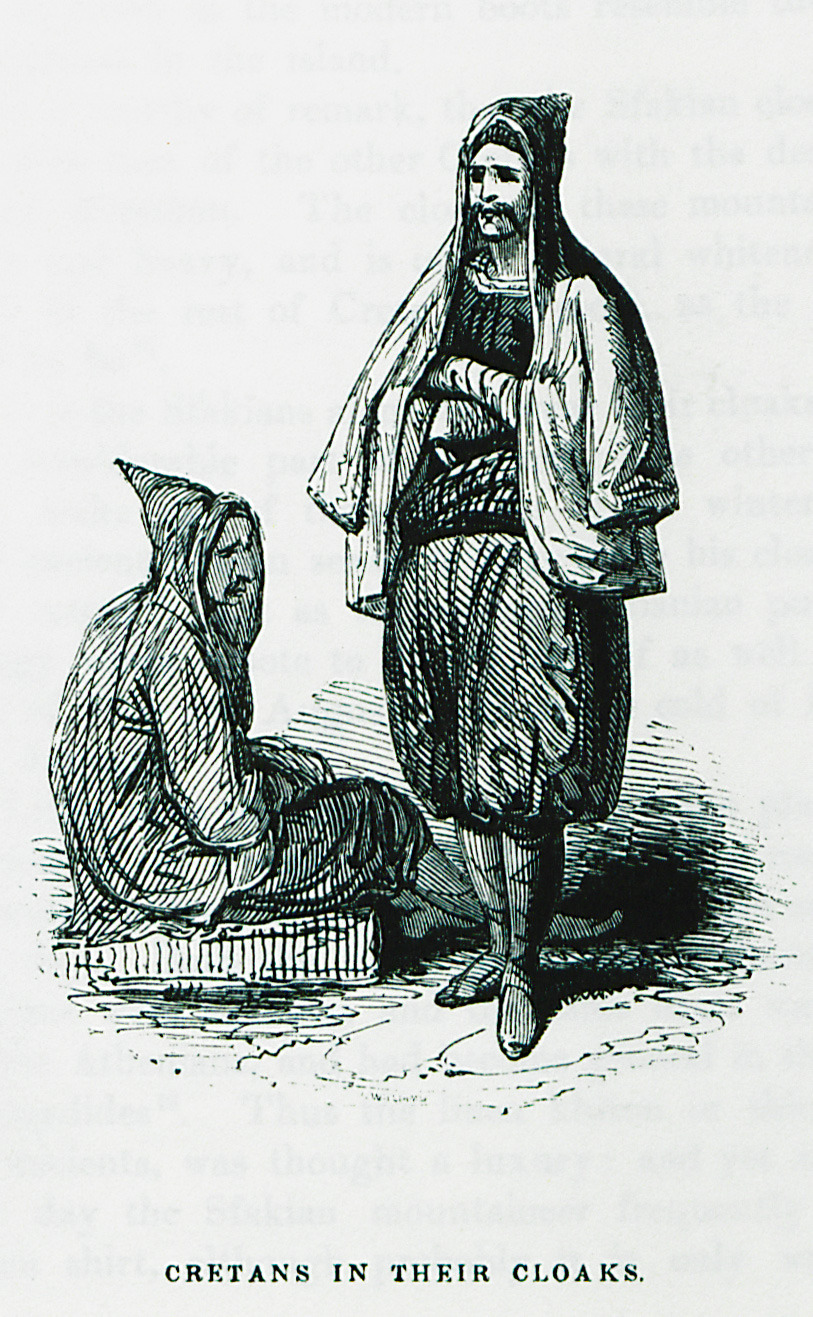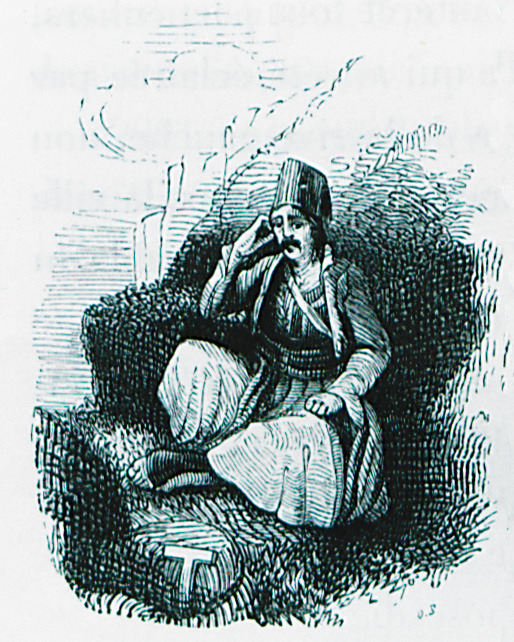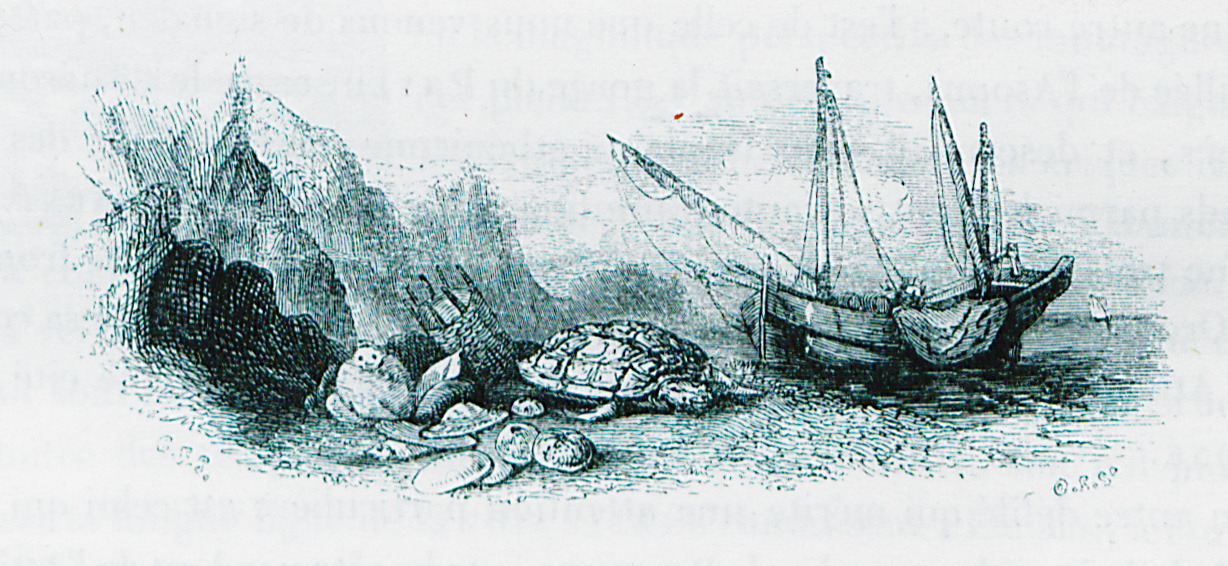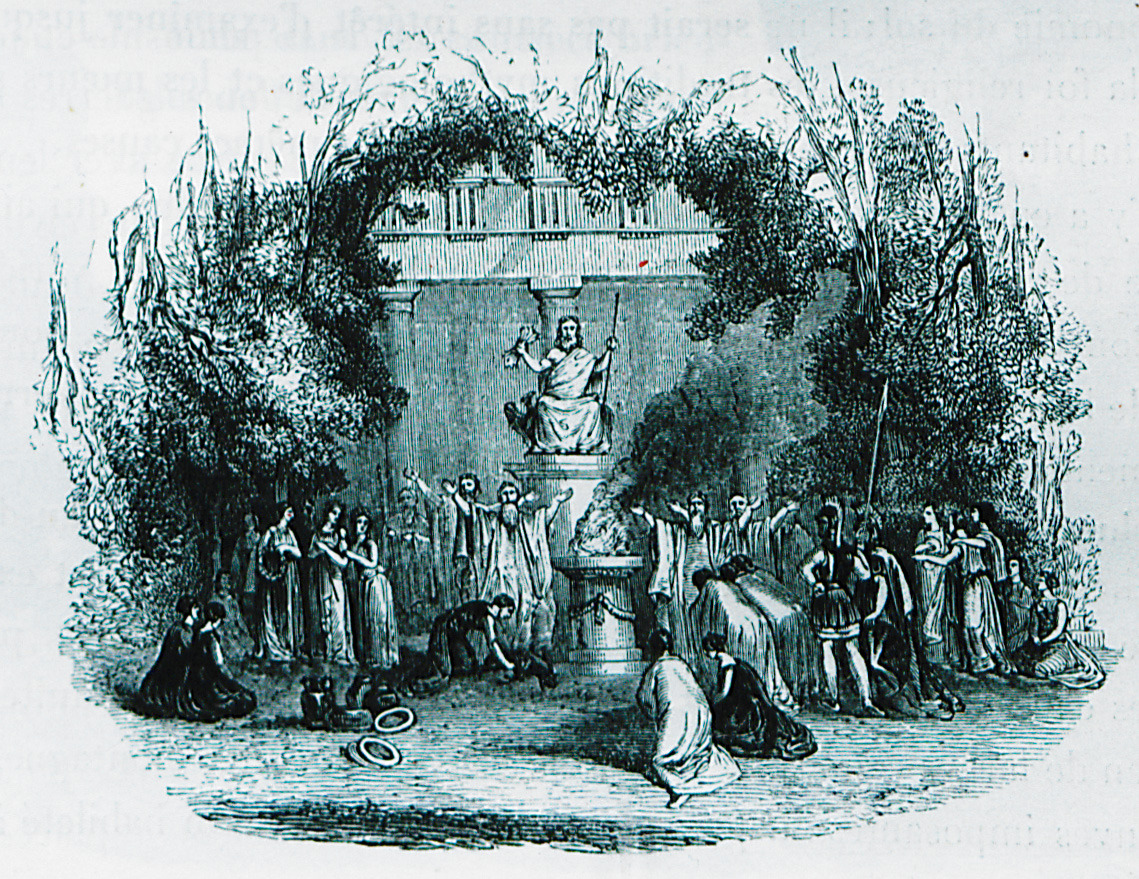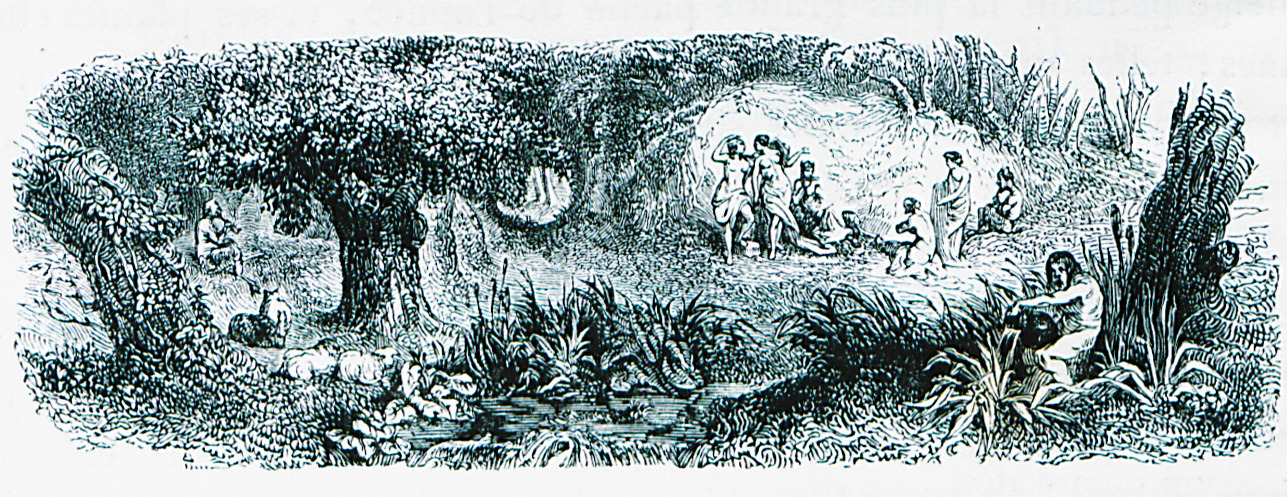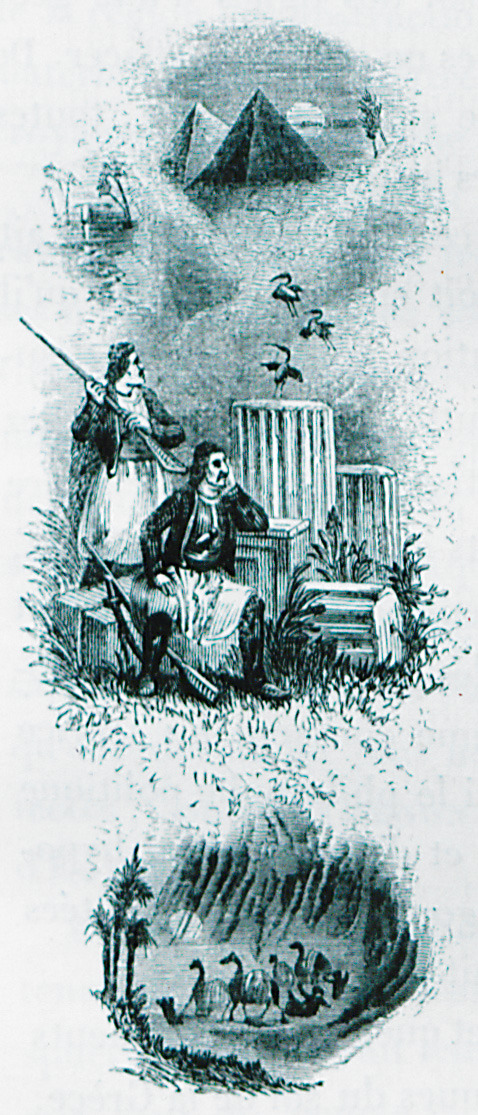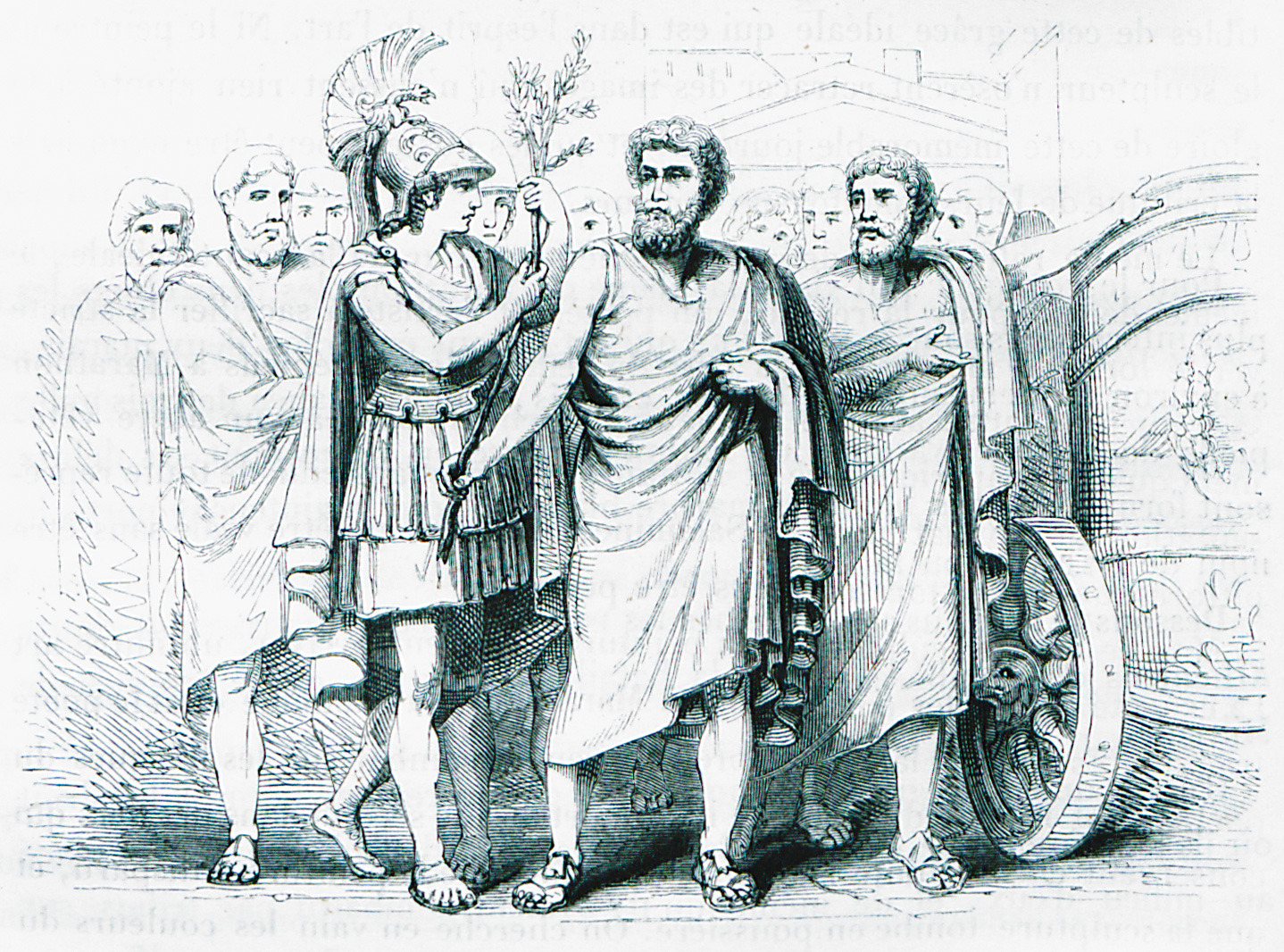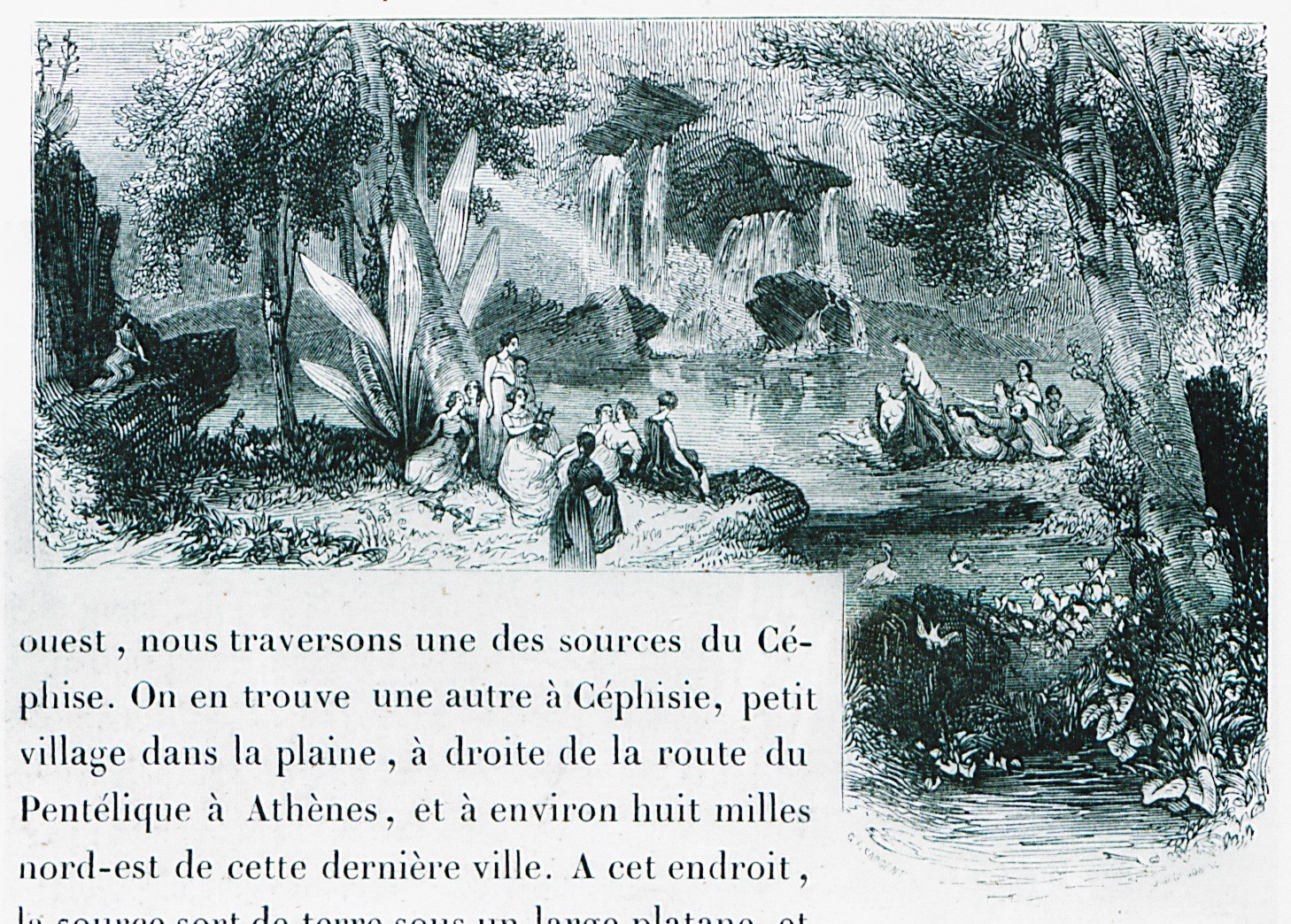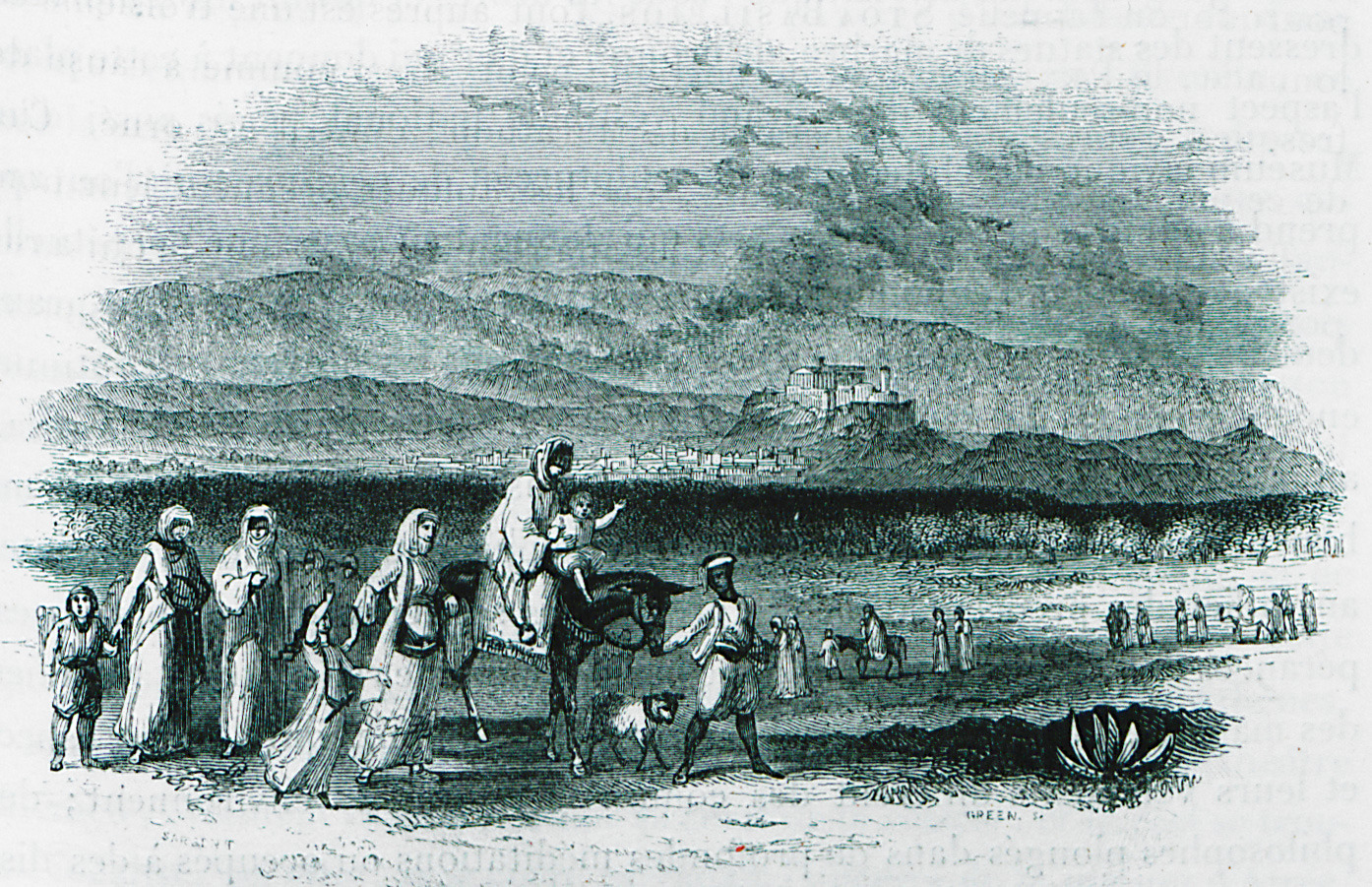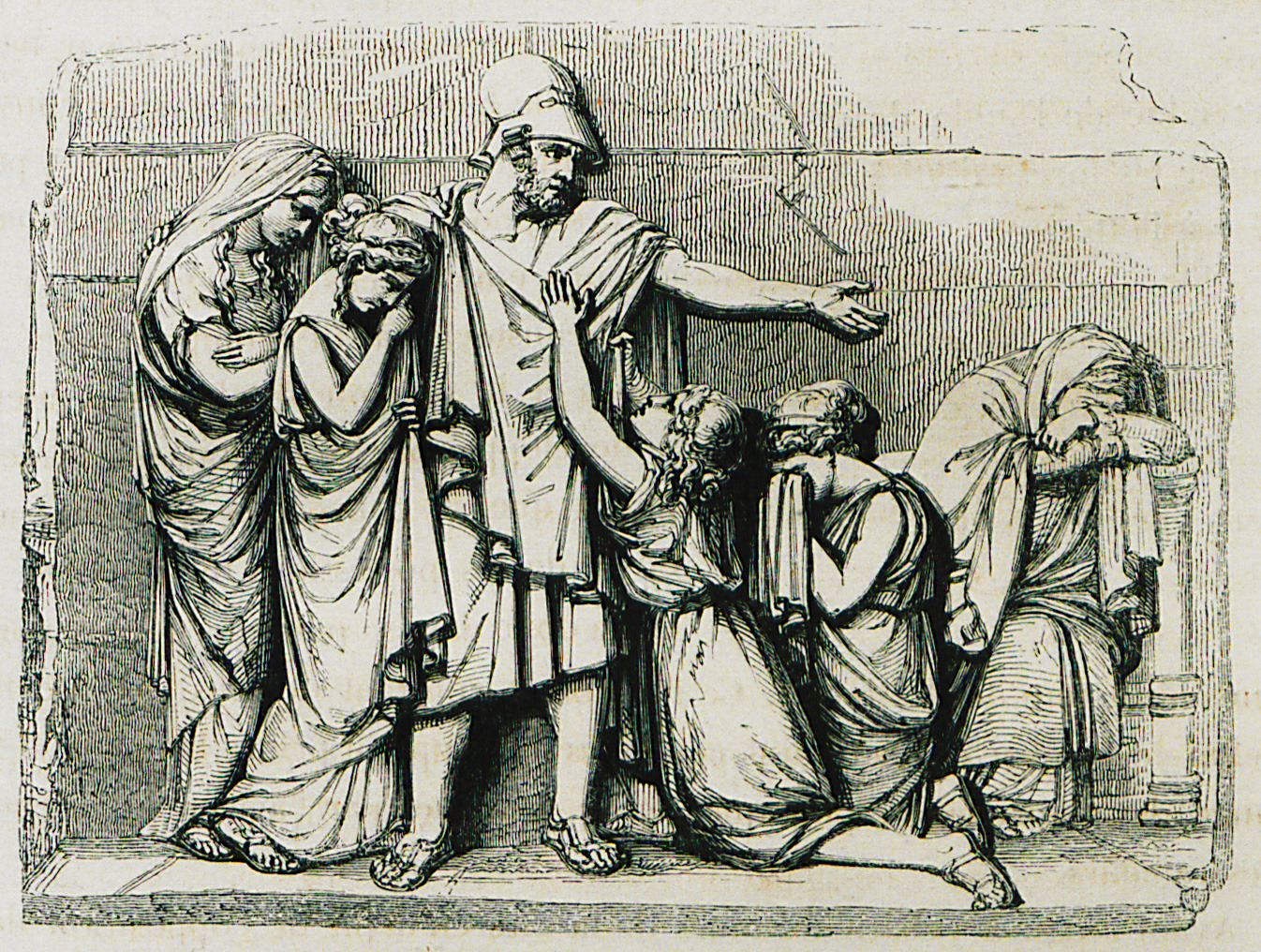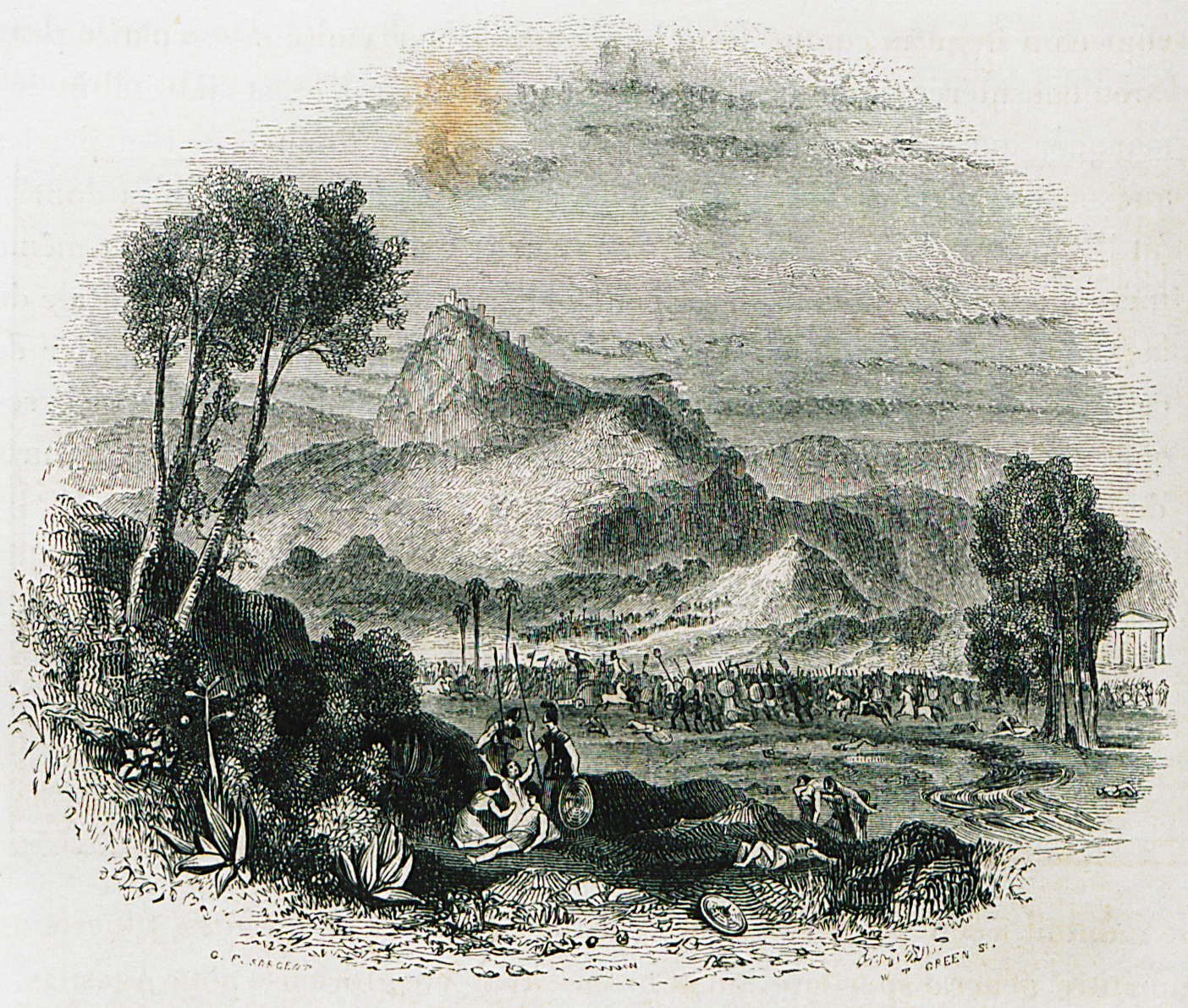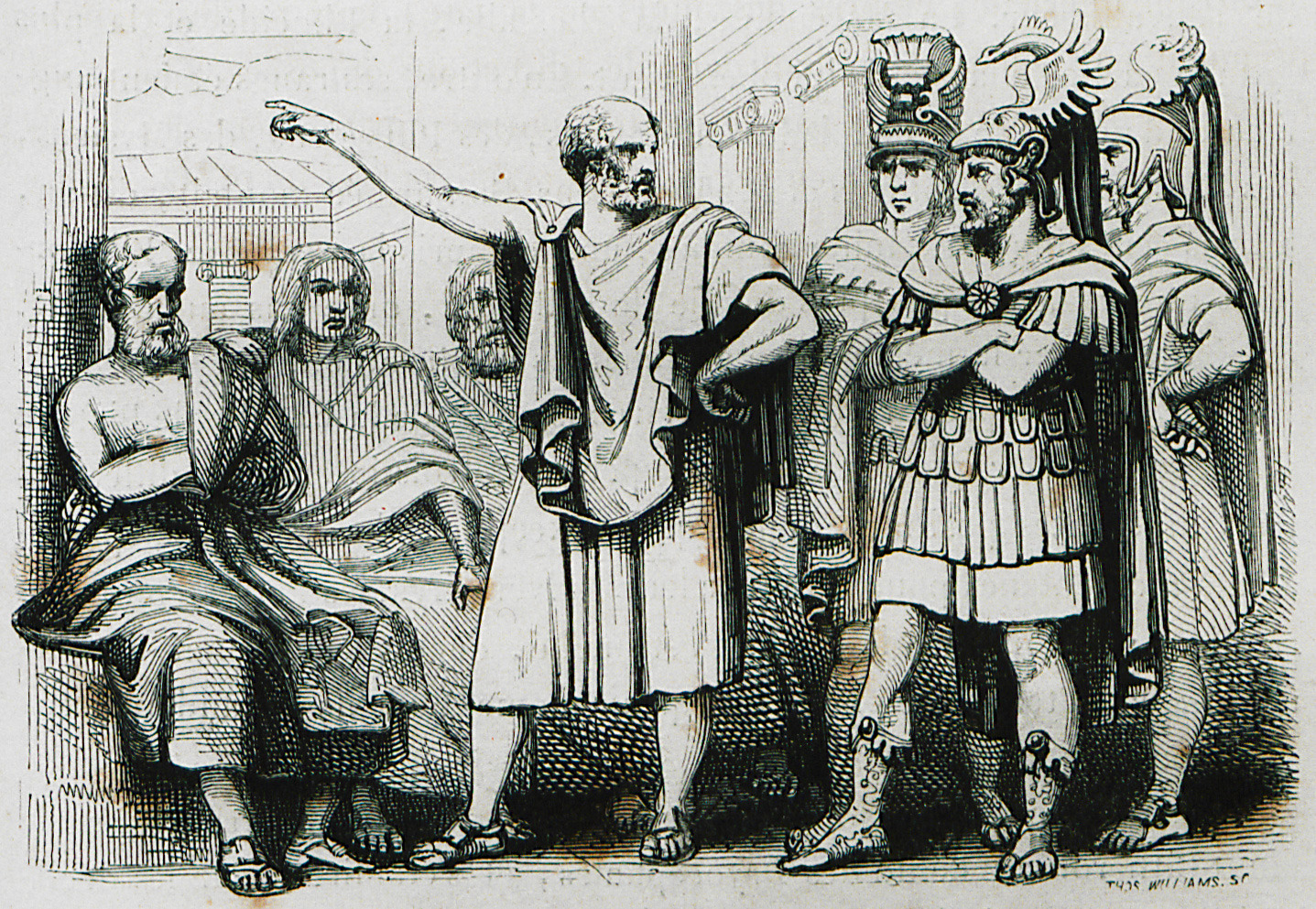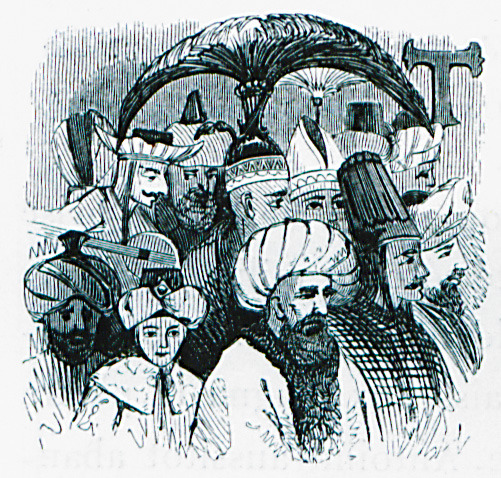Costume - Hats and headwear (4316 Subjects)
Views of Vulcano island, part of Isole Eolie complex.
View of the island and volcano of Stromboli.
View of Chania.
View of the monastery of Katholikon, or Monastery of Saint John the Hermit, Chania province.
Man from Sfakia, Crete.
View of Rethymno.
Cave of Melidoni.
Street market around Ottoman fountain at Kornaros square, Heraklion (today known as Philanthropiki fountain). On the left, the Venetian fountain of Bebo.
Cretan peasant.
The house the author stayed at during his trip to Asomatoi, Rethymno province.
View of Loutro, sea-side village at Sfakia, Chania province.
Monastery of Odigitria or Kyria Gonia at Kolymbari, Chania province. In the backgrounds, the Withe Mountains (Lefka Ori).
The site of ancient Elyros near the village of Rodovani, Chania province. The site was first identified by Robert Pashley.
Cretan female peasant.
Cretan mountaineer of the sixteenth century.
Cretans in traditional cloaks.
Greek of Aetolia and Acarnania in traditional costume.
Greek fishermen and sea turtles.
Festivities on the eve of the Olympic games at ancient Elis (imaginary representation).The author praises the peaceful character of the inhabitants of Elis compared to the other Peloponnesians.
Forest in Arcadia, drawn in accordance with the perception of Arcadia as a pastoral paradise.
Representation related to the climate of the Mediterranean countries (Middle East, Greece and Egypt) which, according to the author, contributed to the development of Greek civilization.
Scene at Rhamnous. In the background, the temple of Nemesis.
Miltiades and Themistocles (imaginary representation).
Leisure scene at the springs of Kifissos river at Mount Penteli.
Views of Erechtheion, Propylaea, Hadrian's Arch and the Gate of Athena Archegetis, Athens.
A caravan of women leaves Athens.
Pericles surrounded by Athenian women lamenting the death of Themistocles (imaginary representation).
The battle of Chaeronea in 338 BCE (imaginary representation).
Themistocles sends Mardonius away from Athens, before the battle of Plataeae in 479 BCE (imaginary representation).
Ottoman officials.


